Where to start?? Best at the very beginning: The intense heatwave we’d experienced all over Europe this summer had eased, in London at least, just in time for the last two mad days of packing and preparation for which I was truly grateful! In fact, it broke with thunderstorms just as the children and I were on our way out of Kew Gardens, a farewell trip with friends, and I couldn’t help but feel it was deeply symbolic: tears of good-bye and perhaps, although I’m well aware that I had nothing to do with it, a little bit like a leaving present from me – a most needed gift to the parched gardens.
Apart from marvelling at the logistics involved, I felt deeply for whoever had/ has to take the decision which plants to assign a sprinkler to. It must be a bit like emergency crews having to take the decision which person to save in a disaster and which one to leave behind as there are not enough resources to tend to everyone. In the case of Kew it was mainly the young-ish plants, of course, the mature ones had to fend for themselves.
And while most of them probably will survive, I did see fully grown trees that were dead. You could tell because the tree did not simply shed prematurely yellowed leaves in an attempt to reduce evaporation, but stood there – fully clothed – with leaves and seedpods dried and shrivelled on the branches to a crisp brown. A heart-breaking sight. I can only assume that because it was in the wider reaches of the arboretum with the more common trees and because they have more than one of these Cornus species it did not matter too much.
The bigger indoor plants came out into the garden as the sun went in, were hosed down and soaked like their outdoor siblings and left there overnight. It meant more room to manoeuvre indoors and almost all plants being grouped together for next day’s move. Finally, as the heat had not ceased on the continent and temperatures were forecast to pick up again, I made a last ditch effort by repotting any plant that I thought would not otherwise make it into bigger pots.
Of course, this is something I should have done well before. But I had been caught out by the missing spring and the assumption that eventually, at some point, there’d be more favourable temperatures and conditions to repot. Alas no such luck until now, so I did it totally out of season as an emergency measure. At least, even if the plants weren’t rooted in yet, the additional soil would keep moisture for longer – well possibly the difference between life and death for some.
By the time I came in it was dark, and by the time I finally went to bed – around 2am – a mighty thunderstorm had started, with lots of rain consolidating my earlier efforts to refresh and prepare the plants for the long journey. I’m not very religious but it was hard not to feel that someone up there meant well with us, especially since thunderstorms are pretty rare in London. The removal people, too, had called that night to say they’d safely arrived in Britain but would not start at ours until 11am, giving us a bit of extra time (Health and Safety - they were required to take a 12 hour break from long-distance driving). So far, everything had gone really well.
It was probably just as well that I didn’t take the call and, not having been involved with the whole arrangement, could restrain myself from grabbing the phone as we would most certainly not have gotten off to a good start… I realize that a definition of “outskirts of London” can vary, but Dover is definitely a teeny tiny bit further than that. My man, anxious about the whole move and trying to make the best of the situation, did not argue back, just gritted his teeth.
When the removal men arrived and were shown the load to be transported, I could sense that they inwardly swallowed: boxes and furniture were all fine, but despite being told “26 square metres” and photographs emailed ahead of time, they seemed surprised at the number of plants and their size. The promised “sturdy boxes” they’d brought for them were of cardboard. Normal removal boxes! Brilliant for moving heavy pots with wet soil seeping out of them… Luckily, I’d vented my thoughts and feelings earlier, before they arrived, and was thus able to now bite my tongue.
If previously I had the plan that I’d leave the men to do the job inside and would go straight into the garden, taking up the pots from their long-standing position, removing any dead leaf or weed if necessary before handing them over or perhaps packing them myself into “sturdy boxes”, it went quickly out of the window. Not only because there is always more to do than you had estimated and planned for and some things, like with plants, food or pets, can’t be done in advance. But also because it soon became evident that with (just) three workmen they would not manage everything by tonight unless we mucked in.
Now, we don’t mind rolling up our sleeves and indeed had planned to do so. But I had not anticipated us to stand in for the fourth and fifth worker – my man carrying boxes and furniture like the best of them and me helping to wrap the glassware and crookery they were contracted to do. In fairness, they would, of course, have managed without us - but the cost would have risen drastically from the offer we’d received and accepted, not least since they’d booked the parking space in Dover only until that night and we’d also have to rent the van for another day.
When eventually I did get to the plants, it was of course a case of “fetch and drop into box”. And not just that – I had to constantly think which plants were the most precious, which the most vulnerable. Because it became clear pretty quickly that there was likely not enough room for all. Enough in the trailer, yes, but not in the van. And because it was not parked on the outskirts of London, we could not do more than one trip.
For as long as possible, i.e. almost until the end, I insisted they all had to come, explaining it would be certain death for those left behind as they would not cope 2 ½ weeks without being watered – the time until my man returned to London. Could not a neighbour or friend…? No. It was the summer holidays, most had children and were away. And anyway, we had hired them to move these plants, not to move some of these plants. I even threatened to return to London myself after unloading our stuff in Germany, leaving my man to unpack and get the children to school on their first days over there (about three weeks earlier than in Britain).
When it was no longer possible to insist, I concentrated on the most vulnerable plants and those that were rare. If I had several pots of a kind – such as ornamental sages, say, easily propagated from cuttings – I made sure at least one came with me. I did put my foot down when the men demanded I chop down plants to fit the boxes so they could close the lids and stack them. I had to remind myself that they were working for me, not the other way round, and that I could resist that demand.
I explained to them that while some plants can take that treatment (and indeed benefit from it, even at this season - Geraniums, say, or Phlox which might even be induced to produce a second crop of flowers later in the year), not all of them can - at least not without lasting consequences. Luckily, we found enough low-growing plants to fill a good number of boxes to stack, in order to use the available room as efficiently as possible, with an open box at the top of each stack containing woody plants or those just coming into flower or needing their green mass to store energy for next year’s flowers.
The removal people did their best, I have to admit. At one point the boss almost apologetically told me that he had called around various horticultural nurseries in order to hire plant trolleys, as suggested by me in advance. And that they’d always asked what he intended to transport and, as soon as he mentioned terracotta pots, had refused saying these trolleys were not strong enough for this.
I still don’t know what to make of this claim. I do not think he was lying but on the other hand I well remember my own apprenticeship in horticulture and how we had to stack and load precisely such trolleys with tray after tray of plants in 1-1.5 litre clay pots - if I wasn’t physically strong before, I certainly became so then. Then again, clay pots are rarely used in horticulture these days, precisely for the reason of their considerable weight (and breakability). Perhaps they weren’t even used in Western nurseries at the time I did my apprenticeship, but to East German nurseries shortly after The Wall had come down the modern conventions and amenities of the trade were only just becoming available and within reach. Maybe modern-day horticultural trolleys really aren’t stable enough to cope with heavy loads?
In the end, a third of the pots had to stay behind. The garden looked emptier, more spacious, but certainly not as if it had just had a clear-out – except for the mess, of course. Whilst the men left with truck and van, a friend who had taken care of the children all day helped me to sweep and tidy (thanks again so much, Pauline!). My man returned from Dover just before midnight, just as I frantically cleaned indoors, too, so he would not return from a holiday that wasn’t a holiday into an empty AND dirty flat…
In Germany, we were greeted by proper heat. Temperatures all week remained between 34 and 37° Celsius. For someone who loses her humour at 26°C, ceases to be herself at 28°C and stops functioning properly at 30°C this is a bit of an issue… I certainly no longer felt “someone above” meant well with us. Especially not when lugging around boxes and plants after the truck had arrived the next morning!
Another warning to those following in our footsteps of moving their garden: do not trust anyone’s assertion that something will or has been sorted unless you have definite proof it has indeed been done and works. One of the earliest stipulations on my part, even before signing the tenancy agreement, had been for there to be a functioning outdoor tap to attach a hose to. No small matter if you move into a flat under the roof and your collection of plants, in full leave in pots, will have to stay outside the house at the height of summer.
I had submitted that in writing as part of the agreement. It had been approved. My man had pressed the issue in emails and phone calls. It had been promised and affirmed. As he went there in June to pick up the keys, he had himself seen the tap. He had stressed again its importance as we weren’t sure it was working. We were told it was a matter of minutes for the caretaker to switch it on and he would do so as soon as back from his holidays, i.e. a week later, well before our move. In further communication we were told it worked. My man’s parents were so kind as to buy us a long hose (and help in many other ways).
On the day of our arrival I learned that the tap worked indeed, but that access as well as the water metre was in the vaults of a neighbour and we’d have to get hold of him to arrange the details, such as reading the metre and turning it on again. No sight of said neighbour. He might be at work all day, he might be on holiday. I nearly lost it: My poor 26 m² of plants would arrive soon, desperate for water in 35 degrees heat, and all I had was a 5-litre watering can and the tap in the bathroom of our third floor flat!!
Luckily, the neighbour – who hadn’t known of his luck or importance - was sought out in time and the tap turned on. Except that because it had not been used in years something went wrong, had rusted or else, and a steady trickle of water now threatened to flood his vaults. And the tap couldn't be turned off again either. Certainly the most effective way to endear you as a new neighbour… In the end, things were sorted alright and I have to add that the alerted caretaker not only turned up quickly but indeed, prior to that episode, had attached a hose – now working – to the tap already. Still, it was additional stress I could happily have done without.
My plants, however, had coped with the move remarkably well: contrary to my fears they were in fine fettle. In fact, they looked more refreshed than their handlers in the heat, as I joked. The trailer and especially the cardboard boxes had provided a favourable micro climate that did not let the moisture escape and thus they did not even need watering for another day! (The boxes themselves, of course, were a different matter: the cardboard bottoms naturally had started to disintegrate from the moist soil. And yes, in two or three cases the wet had started to seep into boxes below which, for some reason, were some of those containing books… Luckily, it hadn't been long enough to cause irreparable damage.)
The latter immediately lost a large number of its leaves but will be all the better for it when recovered, with new leaves much smaller yet firmer and sun-resistant. Likewise, and as to be expected during such an operation, there were a few broken stems and twigs. Again, none of them a major issue although I wasn’t happy about the torn main stem of Podophyllum ‘Spotty Dotty’.
Only the above mentioned fancy begonias were beyond recovery, the moist darkness in the boxes had seen the latent grey mould blossom and finish off what had been weak plants already. Sad, but no great loss. And as for the plants left behind in London: a lovely neighbour was around after all and agreed to taking on watering duties whilst my man was absent. He now tells me almost everything is fine and the plants in good health. What a relief!
So, all in all, the move went well if you discount the fact that there is still a considerable number of plants that have to come later. As for the rest, such as finding myself expelled from paradise, i.e. not having a garden anymore, and how to cope with it: more to come in the following months. Watch this space.
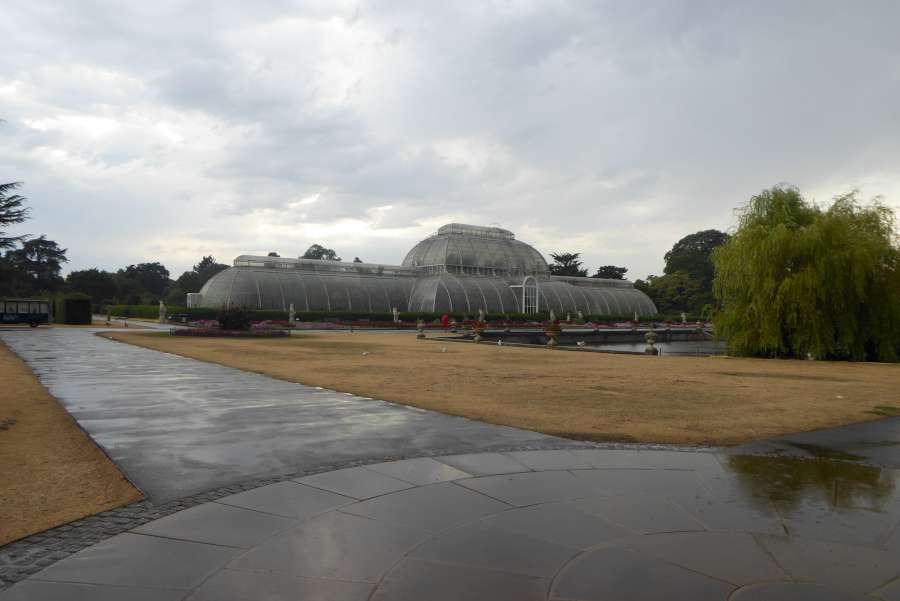
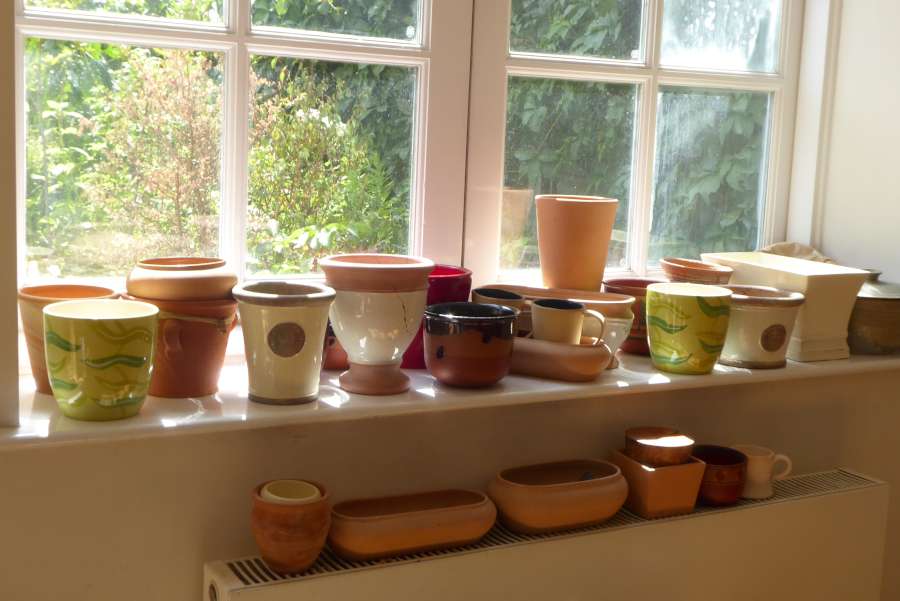
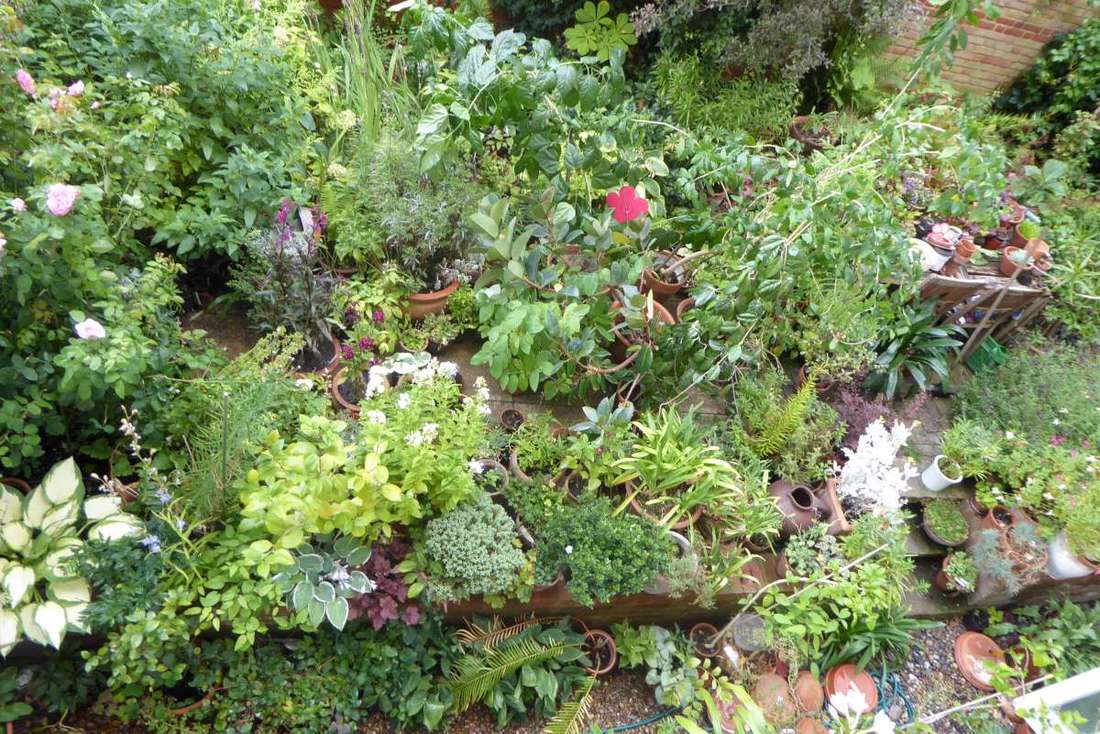
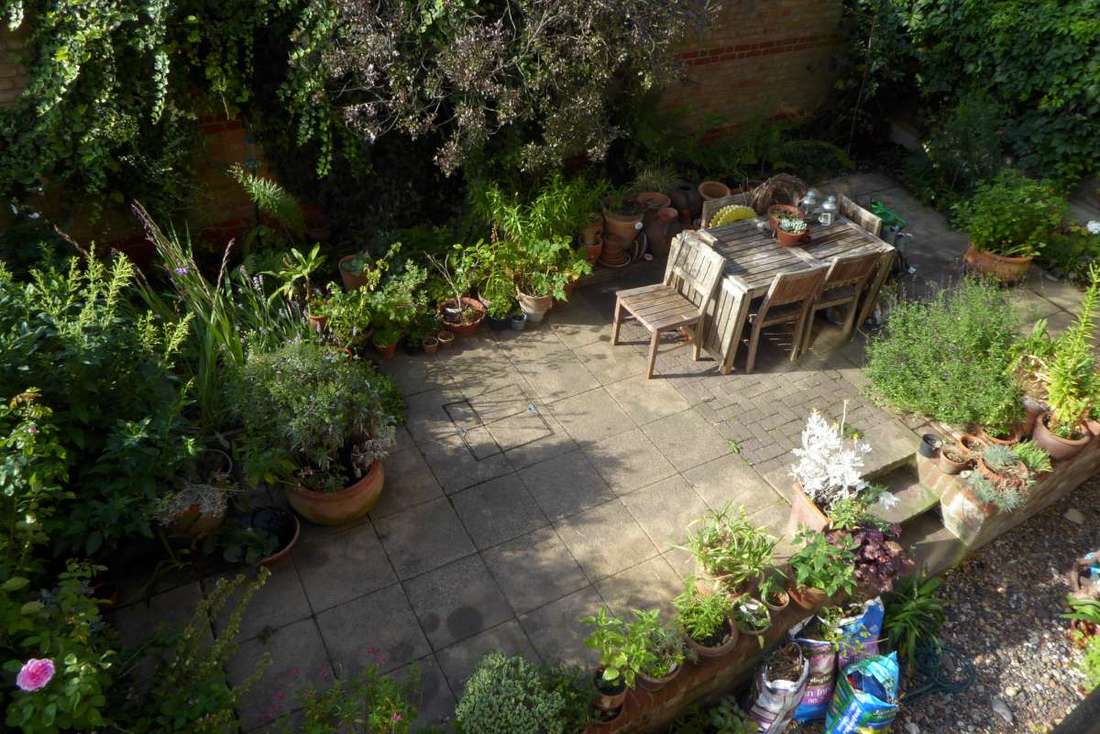
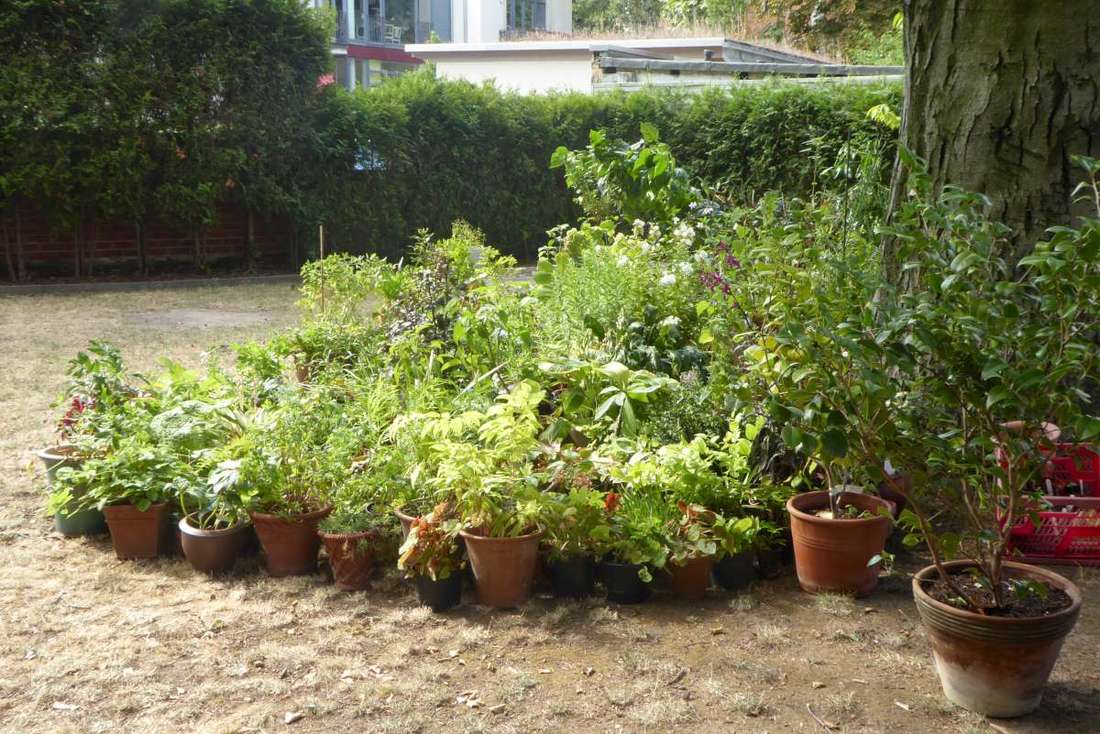
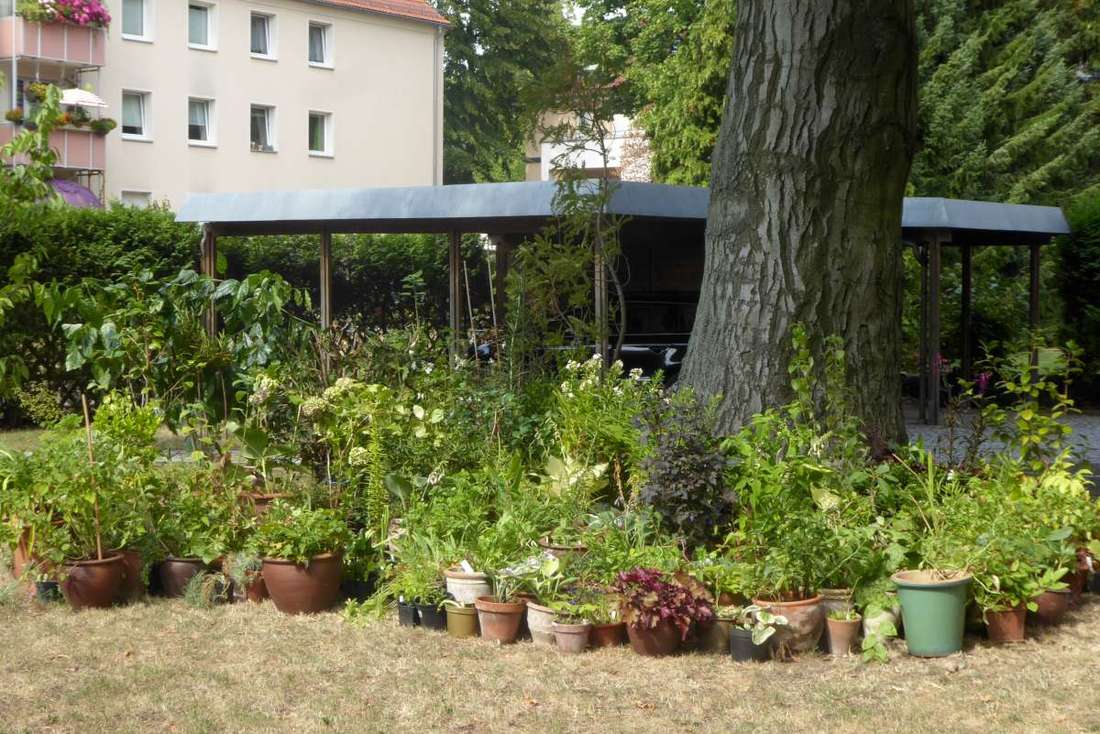
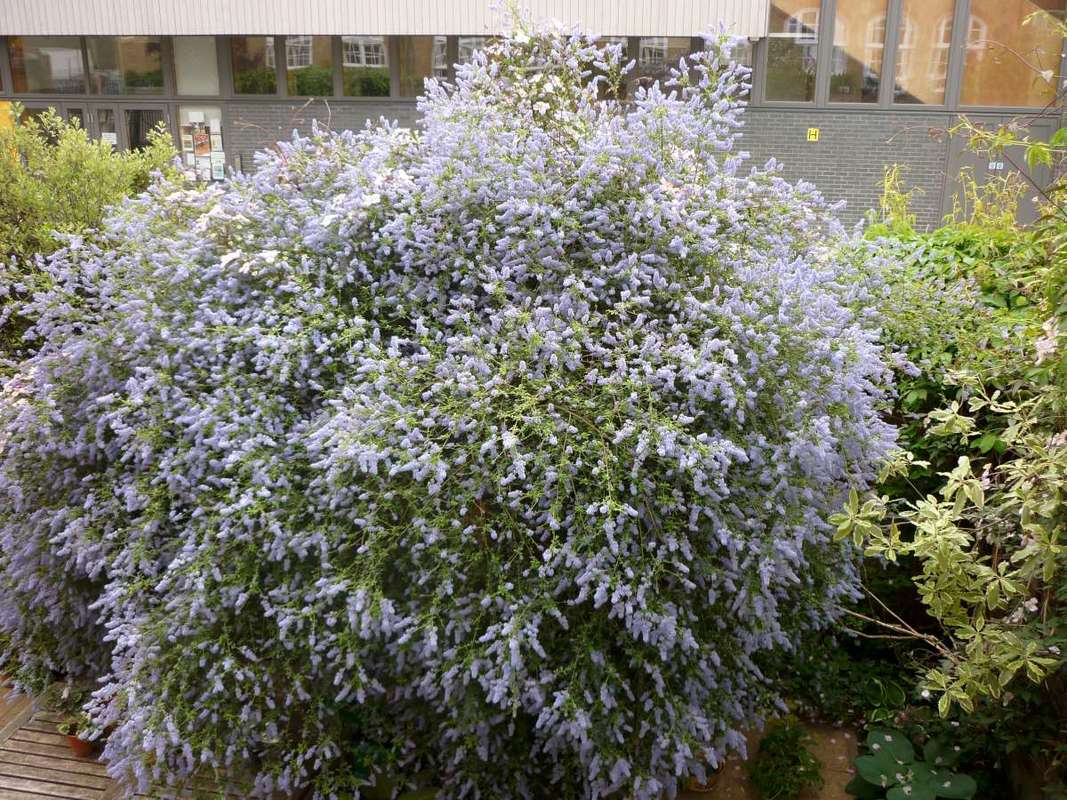
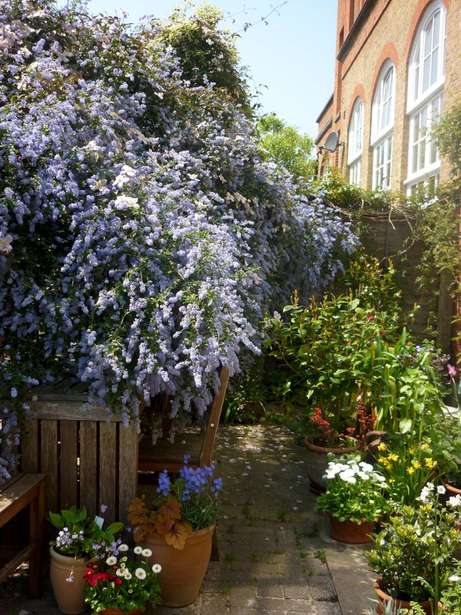
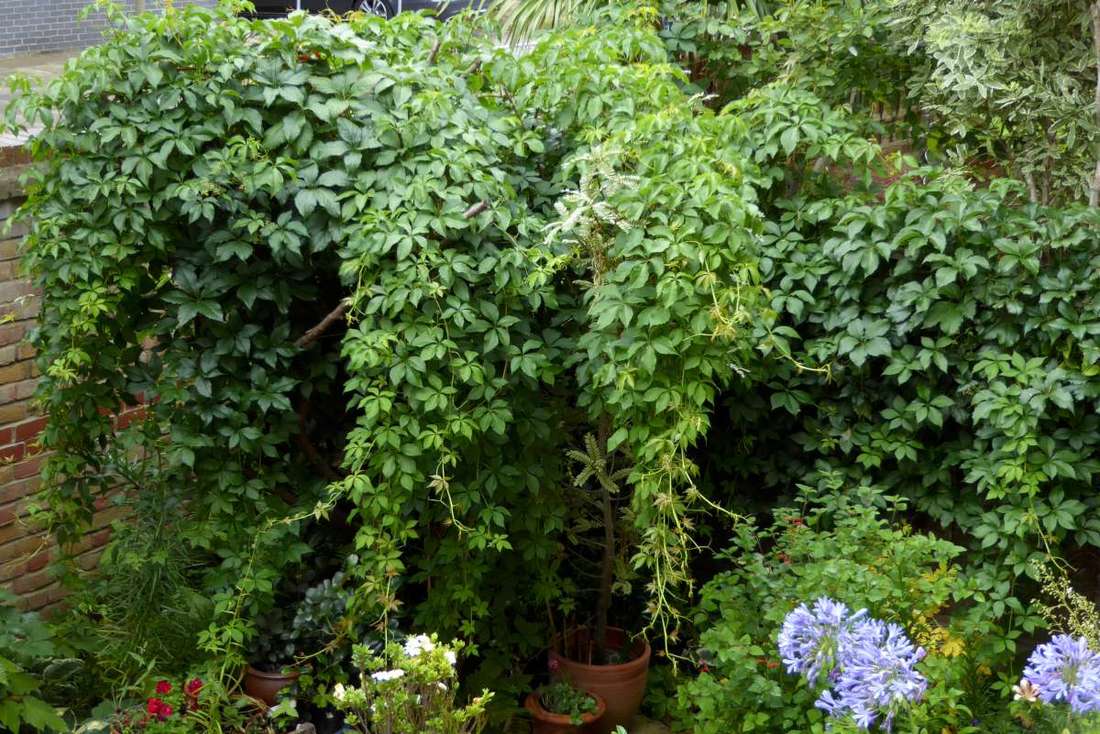

 RSS Feed
RSS Feed